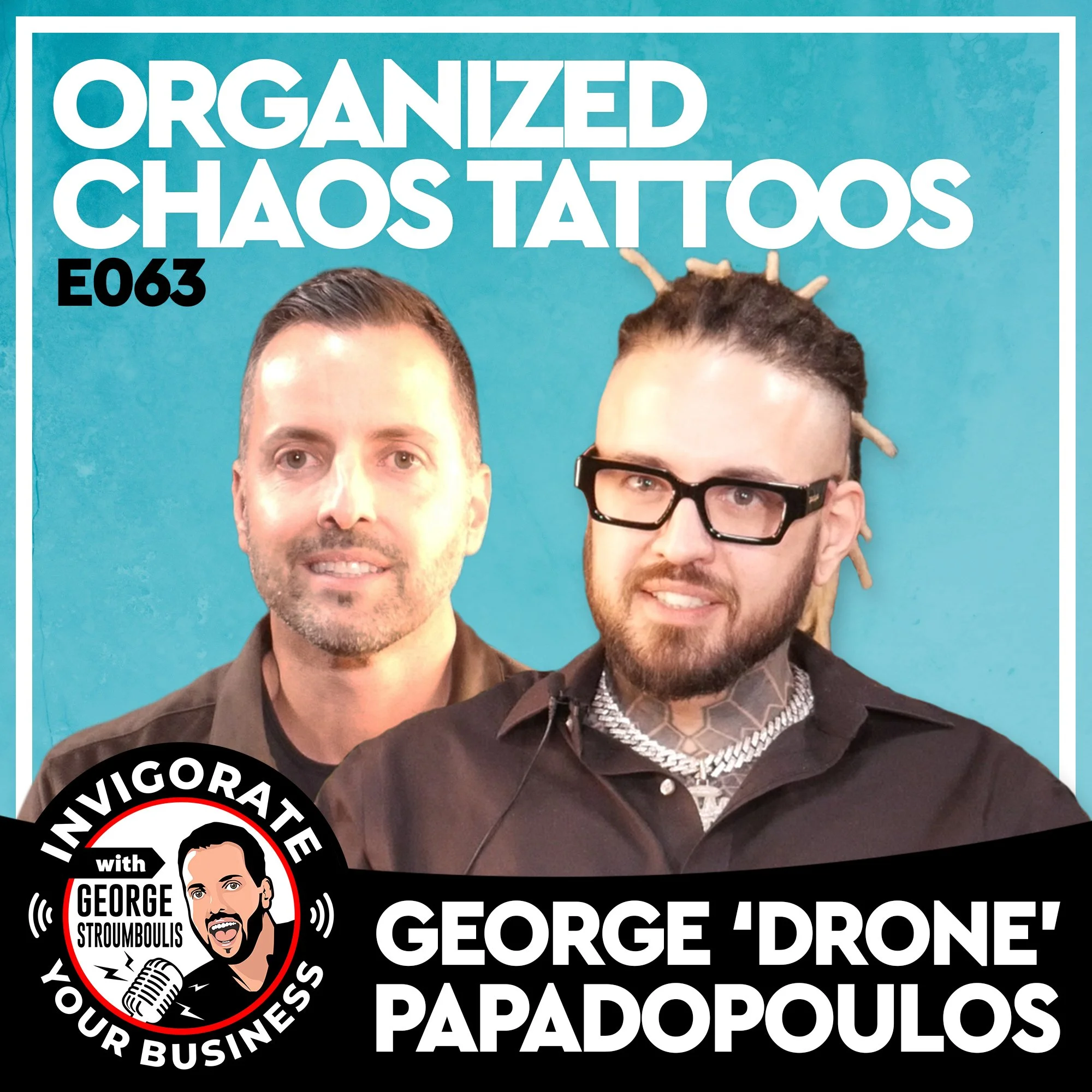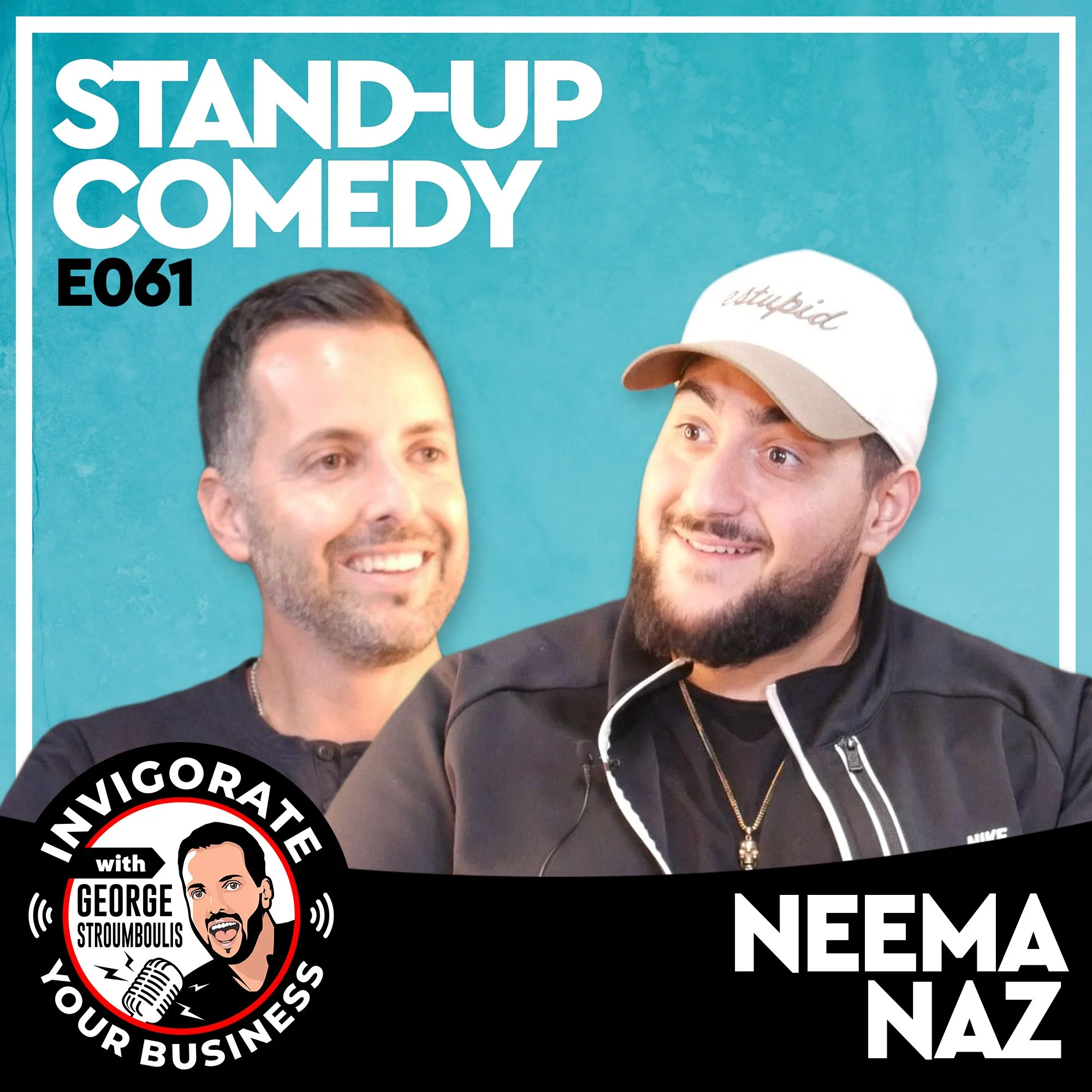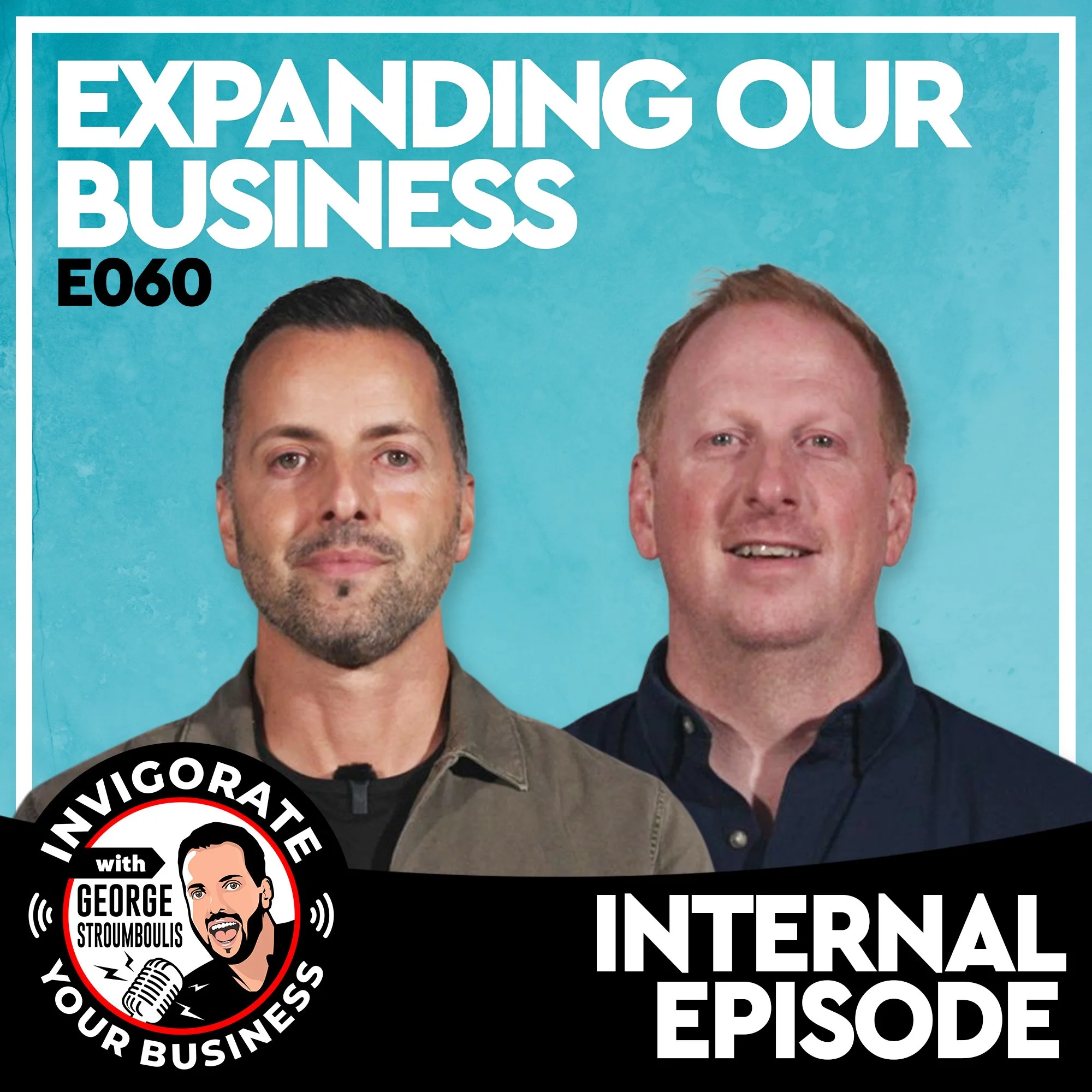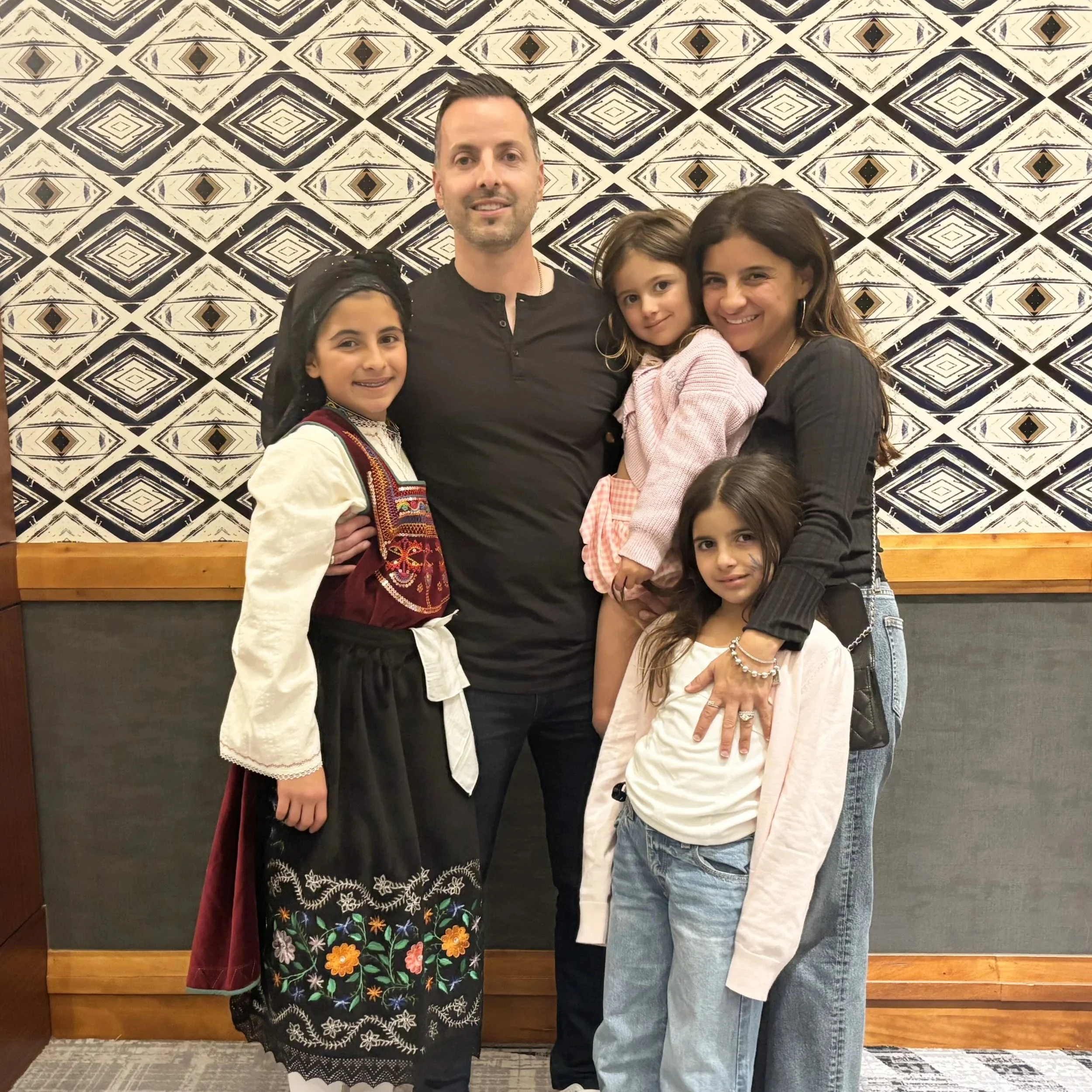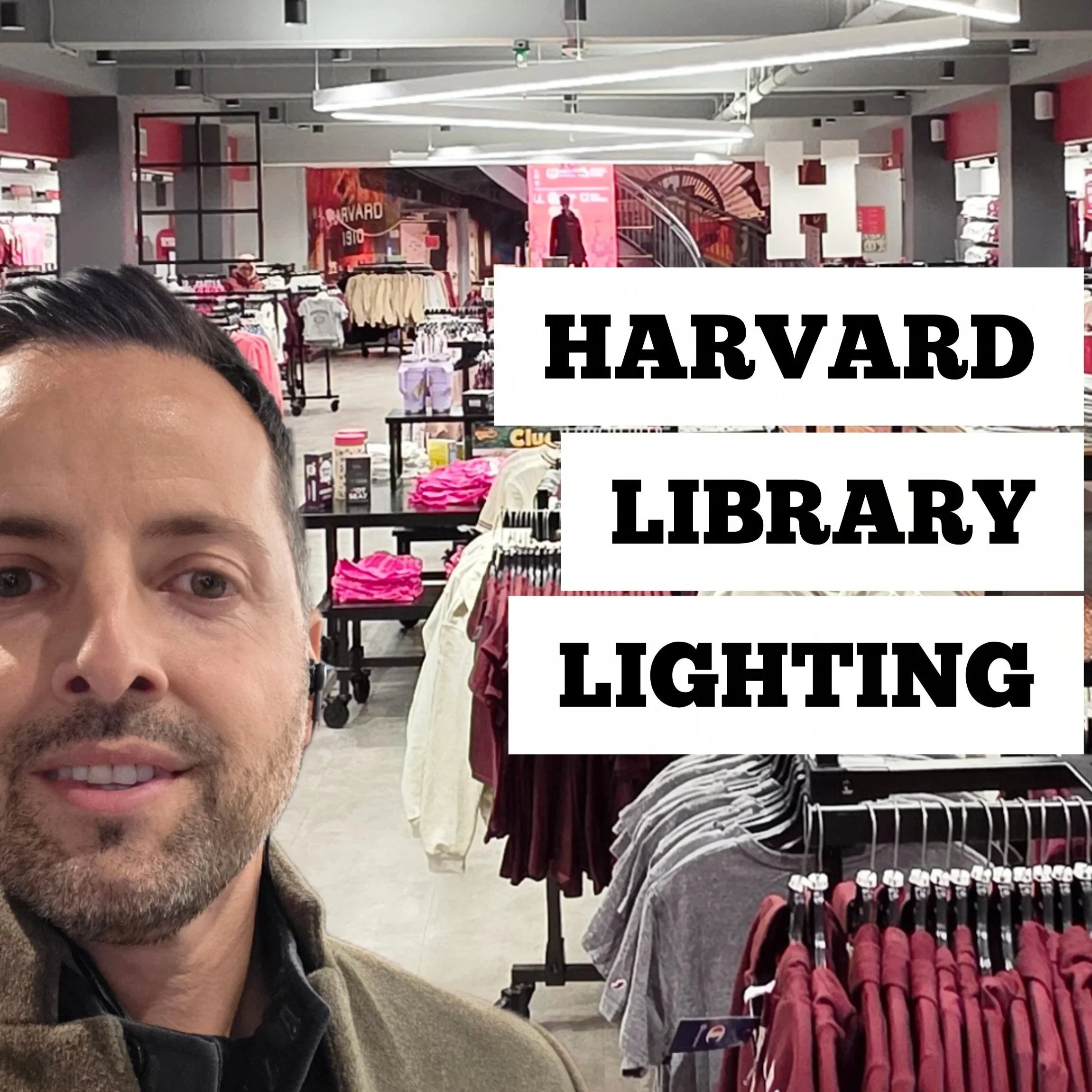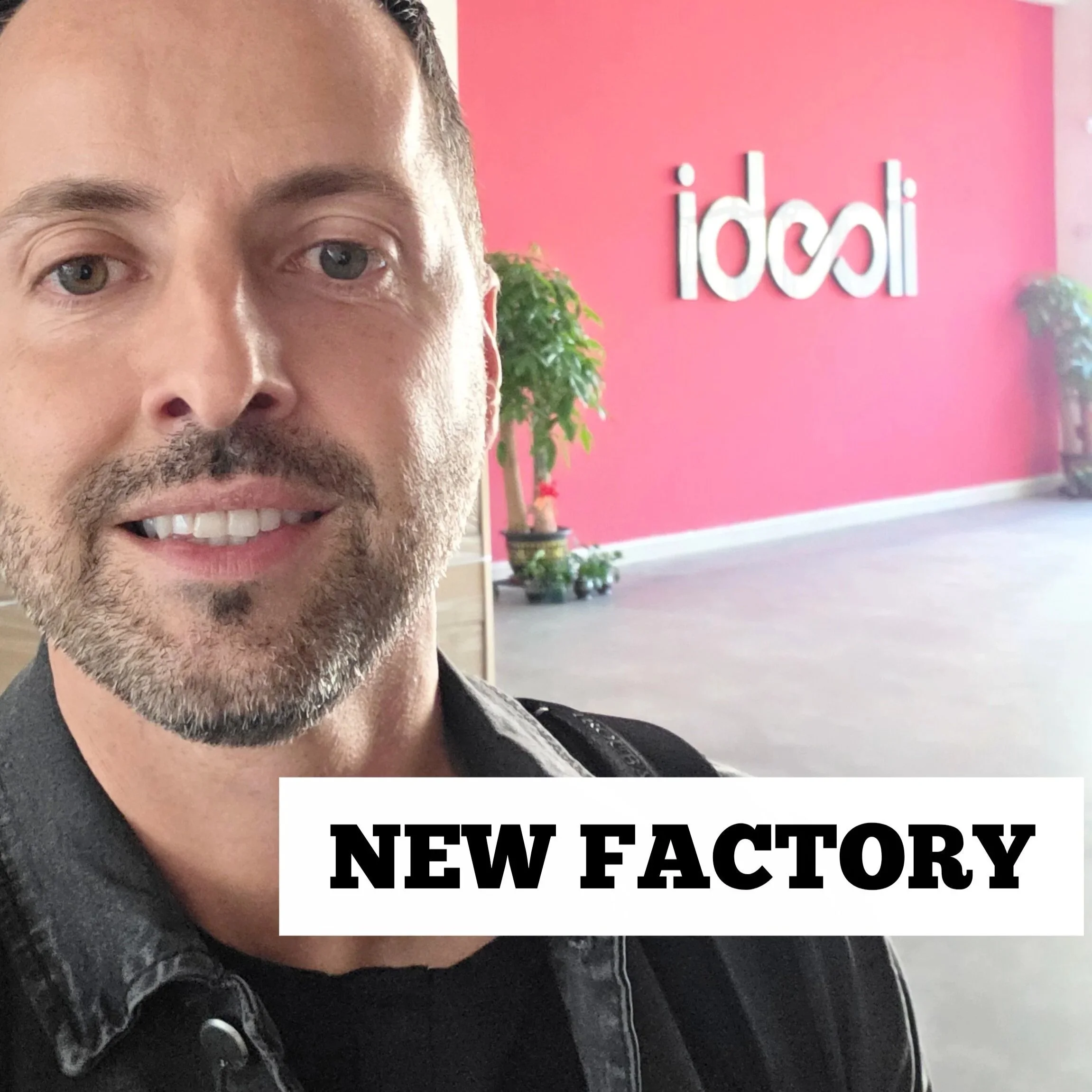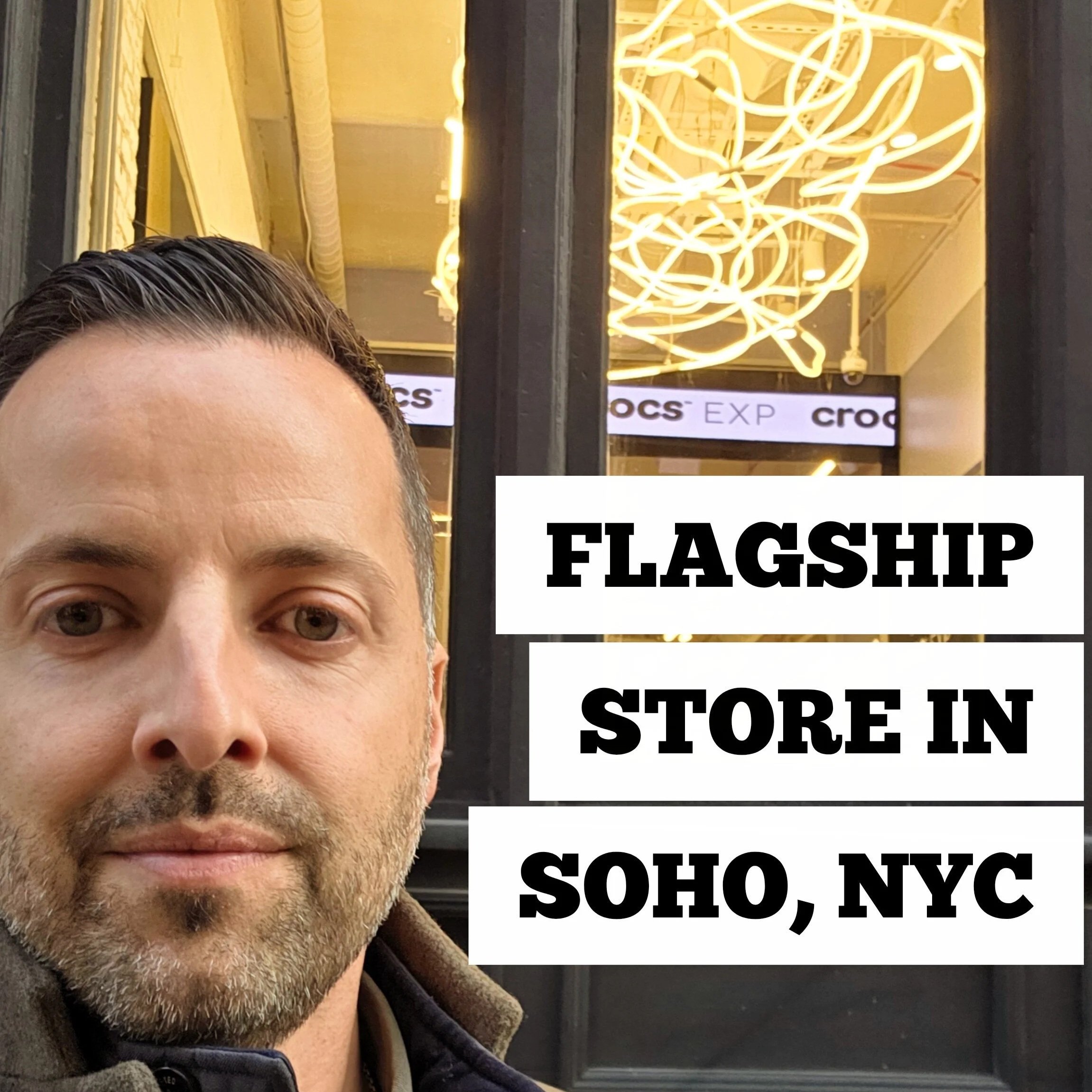NAVIGATING GLOBAL SUPPLY CHAIN CHAOS
NAVIGATING GLOBAL SUPPLY CHAIN CHAOS
I recently sat down with my business partner, Chris Hartswick, and we had one of those candid, no-BS conversations about what it actually takes to run a business like Ideoli in today’s environment.
Because let’s be honest: supply chain chaos isn’t a headline anymore—it’s our daily reality.
We’re navigating late trucks, missed deliveries, shipping reroutes, port delays, last-minute spec changes, factory shutdowns, labor shortages—you name it. And we’re doing it while designing and delivering lighting solutions across the country for some of the most demanding commercial spaces out there.
But here’s the thing Chris and I both agree on: we don’t panic. We pivot.
🧠 HOW IDEOLI HANDLES CHAOS (THE REAL WAY):
1. We overcommunicate—internally and externally.
We loop in our team, our vendors, and our clients early. If something's late or shifting, we say it before it becomes a problem. It’s about managing expectations and building trust.
2. We move product like a logistics company.
At this point, we’re not just a design or lighting firm—we’re a high-functioning operations machine. We warehouse across multiple states, consolidate, re-label, re-ship, and reroute in real-time. Speed and precision are non-negotiable.
3. We design with flexibility.
Chris leads our product and design side, and he’s constantly thinking, “What happens if this spec is discontinued? What’s our backup? Can we build it another way?” Our projects have backups for our backups—without compromising the visual outcome.
4. We treat every job like it’s personal.
Because it is. Whether it’s a restaurant in Texas or a retail rollout in New York, someone’s relying on us to deliver. No excuses, no drama—just solutions.
5. We say no to shortcuts.
Sometimes it means eating margin. Sometimes it means overnighting a shipment at our cost. But long-term relationships beat short-term profits, every time.
🔁 WHAT WE TELL OUR TEAM:
Chris summed it up best on our call:
“We don’t solve problems by yelling louder. We solve them by staying calm, moving fast, and thinking like operators—not victims.”
We remind our team daily: control what you can, communicate what you can’t, and always lead with integrity. The chaos won’t stop, but how we show up in it—that’s fully on us.
🚀 FINAL THOUGHT:
Running a business in 2025 means leading in uncertainty. But with the right people, processes, and mindset, you can thrive in the mess. At Ideoli, we’re not just surviving the chaos—we’re building through it.
“And we’re doing it while designing and delivering lighting solutions across the country for some of the most demanding commercial spaces out there.”
HOW TO DEFINE SUPPLY CHAIN LOGISTICS
Supply Chain Logistics refers to the planning, coordination, and management of the movement and storage of goods, materials, and information throughout the entire supply chain — from raw material suppliers to manufacturers, distributors, retailers, and ultimately, to the end customer.
It includes:
Transportation (inbound and outbound shipping)
Warehousing and inventory management
Order fulfillment and packaging
Customs clearance and compliance
Information flow and tracking systems
✅ Why It Matters:
Efficient supply chain logistics ensures that:
Products arrive on time, in full, and in the right condition
Costs are optimized without sacrificing quality
Companies can scale operations, adapt to demand, and stay competitive
🔁 Example in Practice:
At Ideoli, for example, our logistics team coordinates dozens of shipments each week—across states and borders—ensuring lighting fixtures are manufactured, inspected, labeled, and delivered on-site when needed. That includes container tracking from China, warehouse consolidation in the U.S., and final mile delivery to job sites in real time.
IS THERE A CAREER IN THIS AND HOW DO YOU GET ONE
As global commerce becomes more complex, companies are investing heavily in logistics professionals who can manage sourcing, inventory, shipping, fulfillment, and optimization.
From Amazon and Apple to local manufacturers and construction firms — every product-based business needs logistics experts.
🚀 CAREER PATHS IN SUPPLY CHAIN LOGISTICS
Some of the key roles include:
Logistics Coordinator / Analyst
Supply Chain Manager
Warehouse & Distribution Manager
Procurement or Sourcing Specialist
Transportation Manager
Customs Compliance Officer
Operations Manager
Import/Export Coordinator
🎓 HOW DO YOU GET STARTED?
📘 1. Education / Certification
Bachelor’s degree in supply chain, logistics, business, or industrial engineering is often preferred
Or start with associate degrees or vocational training in logistics management
Consider certifications like:
APICS Certified Supply Chain Professional (CSCP)
Certified in Logistics, Transportation, and Distribution (CLTD)
Six Sigma or Lean certifications
💻 2. Learn the Tools
Get familiar with logistics platforms like SAP, Oracle, NetSuite, or WMS software
Study freight systems, Excel modeling, and shipping regulations
🏢 3. Gain Experience
Start in entry-level roles like logistics coordinator, shipping clerk, or inventory control
Work in a warehouse or with 3PL companies to learn hands-on
Many roles don’t require a degree if you can prove operational knowledge
🌐 4. Stay Current
Follow trends like AI in logistics, nearshoring, sustainability, and supply chain resilience
Join groups like CSCMP or ISM for networking and job leads
📈 Is It a Good Career?
Yes. It's:
High in demand
Globally transferable
Critical to business growth
Full of advancement opportunities
Median salaries range from $55K for early roles to $120K+ for senior management, with rapid growth depending on results.
HOW TO BECOME A SUPPLY CHAIN EXPERT
1. Understand the Foundations
Start by mastering the core components of the supply chain:
Procurement & sourcing
Manufacturing & production planning
Inventory management
Warehousing & distribution
Transportation & logistics
Supply chain strategy & analytics
Technology platforms (ERP, WMS, TMS)
📘 Tip: Free courses from Coursera, edX, or LinkedIn Learning can give you a solid base if you're just starting.
2. Get Educated (Formally or Informally)
📚 Degrees (Optional but helpful):
Bachelor’s in Supply Chain Management, Logistics, Business, or Industrial Engineering
MBA with a focus in Operations or Global Logistics for advanced roles
📜 Certifications (Highly valued in the industry):
APICS CPIM (Certified in Production & Inventory Management)
CSCP (Certified Supply Chain Professional)
CLTD (Certified in Logistics, Transportation & Distribution)
Lean Six Sigma Green/Black Belt
SCPro (CSCMP) or ISM certifications
🎯 Certifications can set you apart — even without a degree.
3. Get Hands-On Experience
You don’t need to start as a manager. Start anywhere in the chain:
Inventory clerk
Logistics coordinator
Procurement assistant
Warehouse operations
Freight forwarding intern
📦 Every role teaches you how real-world supply chains operate — and sharpens your ability to solve problems under pressure.
4. Learn the Tools of the Trade
Become fluent in software platforms used across the industry:
ERP systems like SAP, Oracle, or NetSuite
WMS (Warehouse Management Systems)
TMS (Transportation Management Systems)
Excel / Power BI for data analysis and forecasting
AI and automation platforms if you're scaling expertise
5. Develop Strategic Thinking
Supply chain experts don’t just manage movement — they optimize performance.
To grow, you need to:
Study case studies (Amazon, Apple, Tesla, etc.)
Learn demand forecasting, inventory modeling, and supplier negotiation
Understand global trade, tariffs, and sourcing risk
Get good at scenario planning and mitigation strategies
💡 Being proactive separates experts from operators.
6. Stay Current and Connected
The field is changing fast. To stay relevant:
Subscribe to industry news (Supply Chain Dive, FreightWaves, Gartner)
Attend conferences (CSCMP, ISM, MODEX)
Join LinkedIn groups and follow thought leaders
Network with professionals in logistics, procurement, and ops
✅ Final Thought
Becoming a supply chain expert doesn’t happen overnight—but it doesn’t require perfection. It requires curiosity, hands-on experience, and a relentless drive to optimize, anticipate, and adapt.
Once you’re in, the opportunities are endless—from leading global operations to launching your own consulting firm.







